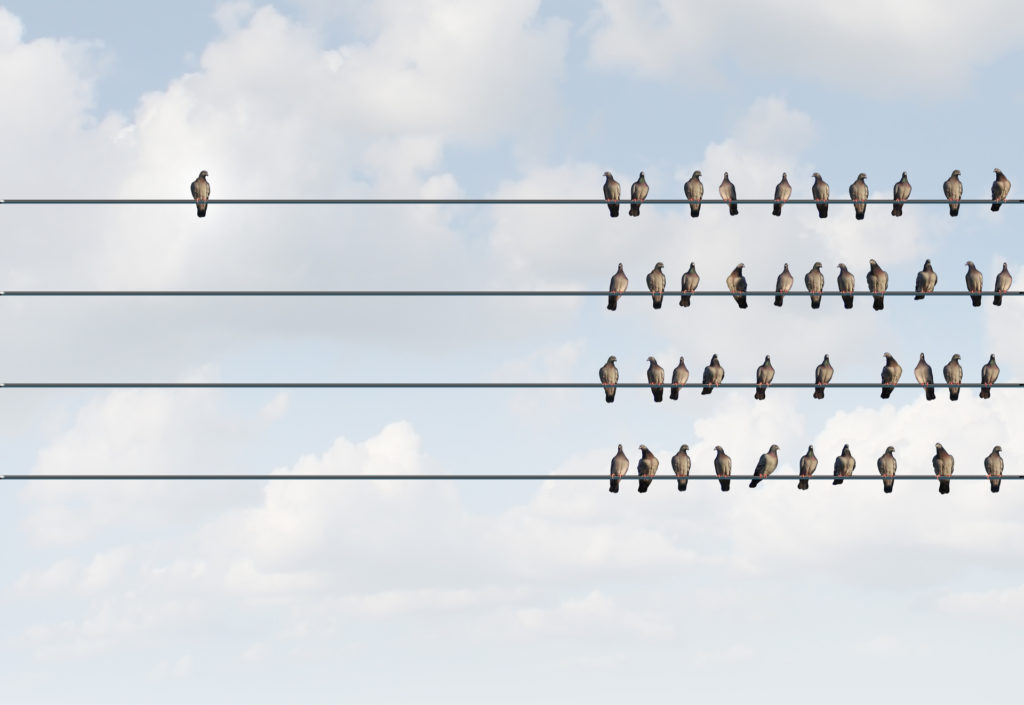There and Half-Way Back Again: How Openness Guided My Journey through Politics
How does openness to experience affect a person’s political stance? For Andrea, it’s caused her views to continuously evolve—as has her view on disagreement itself.

How does openness to experience affect a person’s political stance? For Andrea, it’s caused her views to continuously evolve—as has her view on disagreement itself.

Why has gender dysphoria become so common among the gifted and intense? In this article, four detransitioned women and two transgender men share their experiences of overexcitability and the roles their intensities played in their individual experiences of gender non-conformity and dysphoria.

Many pay lip service to nonconformity, but if you’re really unusual, you’ve probably struggled with the implications of deviating from the norm. How should we balance the costs and benefits of our divergence? In this issue’s introductory letter, Third Factor editor in chief Jessie Mannisto links our authors’ takes on this challenge to Eleanor Roosevelt’s writings on how to be an individual.

What does it mean to be a divergent thinker? Dr. Deirdre Lovecky of the Gifted Resource Center of New England discusses what drives these individuals to march to the beats of their own drummers—and the challenges they face while doing so.

It’s fashionable to argue that it’s better to fight for something and die trying than to surrender and admit defeat. But is that really true? Roland Persson offers some thoughts on the pursuit of happiness for those who are simply never going to fit in.

We’ve divided the political world into a red team and a blue team. Where does a person belong when she sees not only shimmers of red in the blue and the blue in the red, but oranges, yellows, greens, and purples besides? One thing’s for sure: it will take courage for such a person to find—or keep—a political home.

It’s easy to tell if you don’t fit in; it’s harder to know what to do about it. In this piece, Leon Garber explores contrarianism, the rejecting of norms just for the sake of rejecting them, and how to move from such rebellion to a truer sort of authentic personality.

For our issue on non/conformity, we have the perfect book to feature: the story of a heretic.

You’ve got noteworthy abilities. Complex emotions. Acute perception. A tremendous capacity for nuance. And yet, you’re pulling yourself apart at the seams.
Sound like someone you know? Then you’ll want to read this interview with P. Susan Jackson of the Daimon Institute.